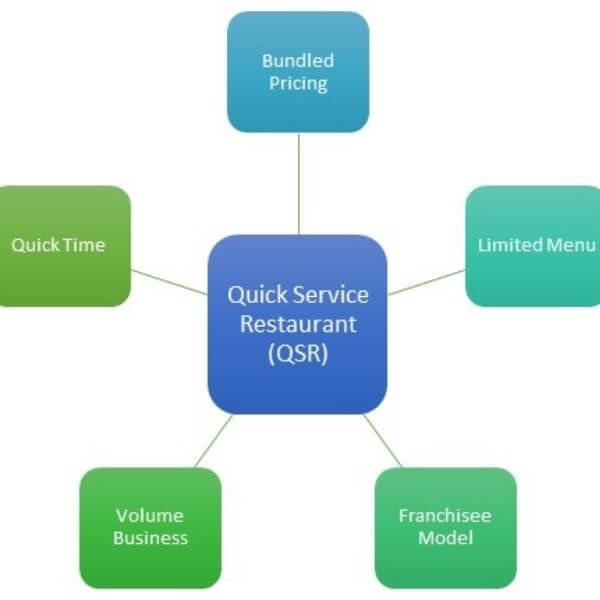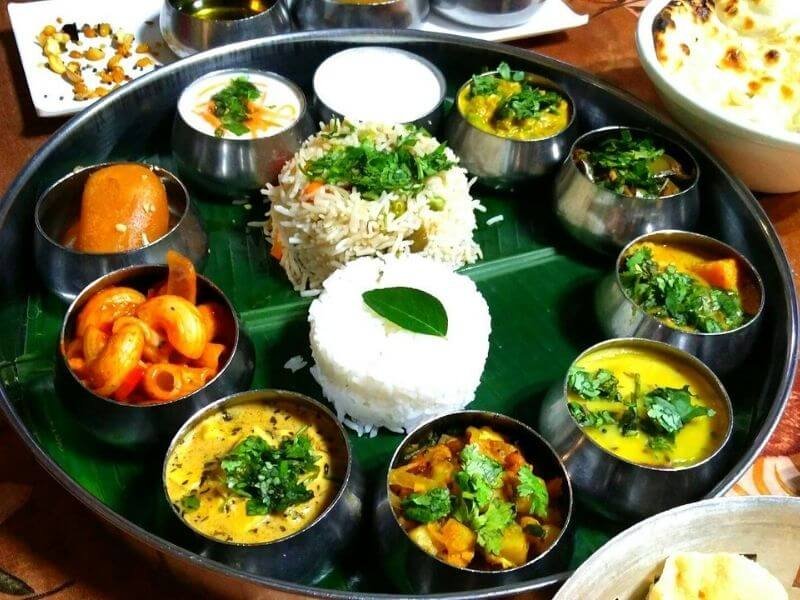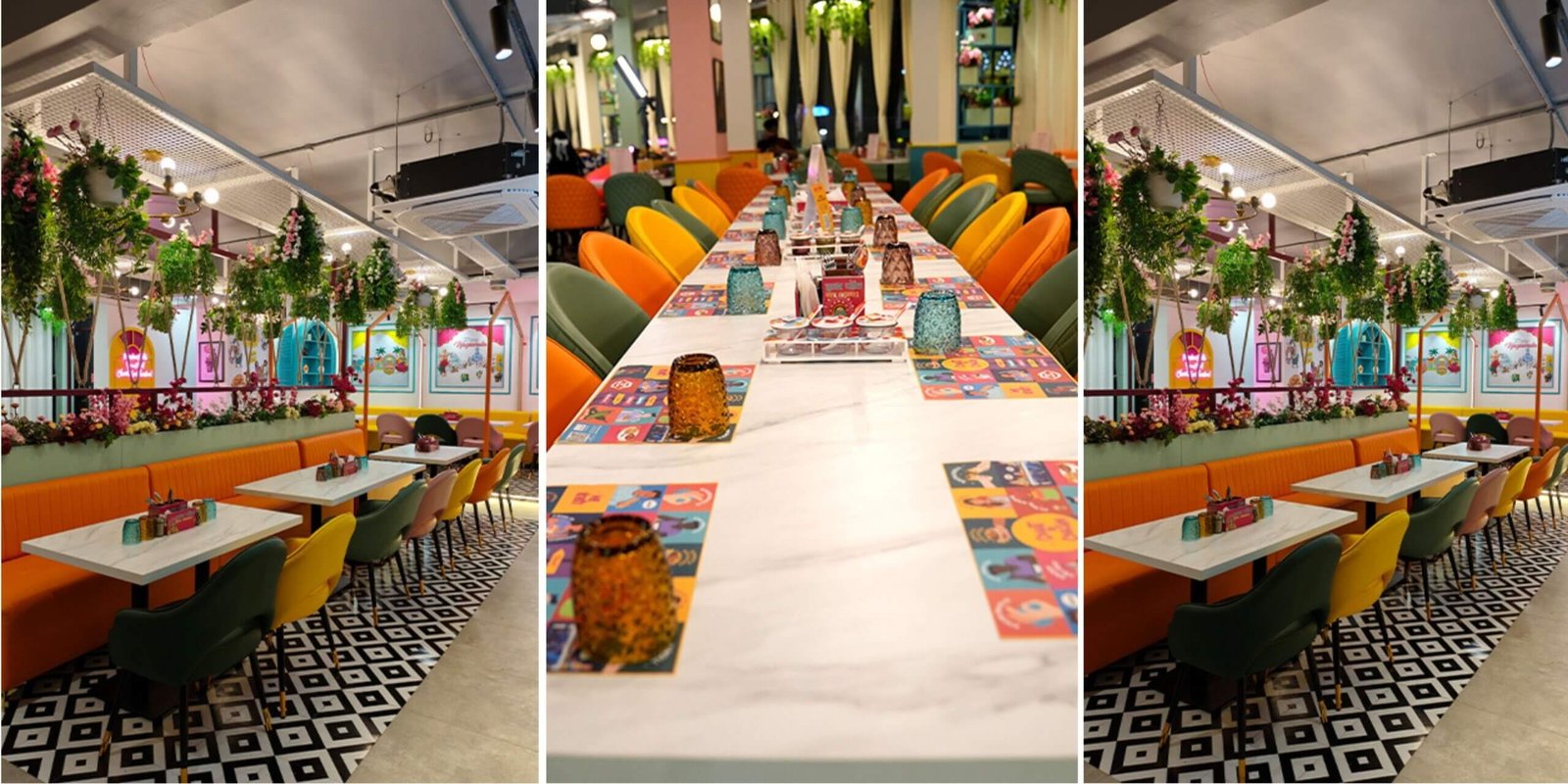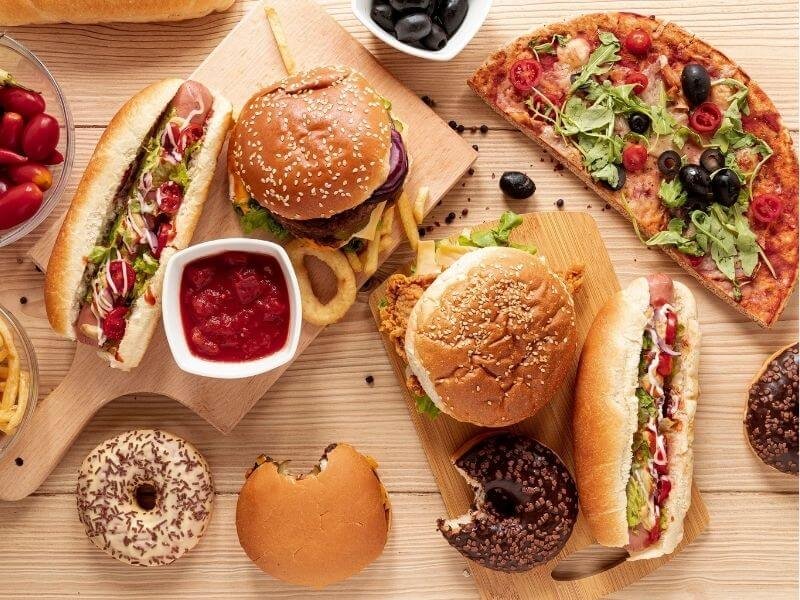Introduction:
India is in the middle of a food revolution. On one side, we see a surge in the popularity of plant-based and healthy diets; on the other, the fast food industry continues to dominate with its convenience and addictive flavours. For potential franchise investors and foodpreneurs, the decision between choosing a veg restaurant franchise or a fast food/QSR (Quick Service Restaurant) model has never been more important. The question looms: “Veg Restaurant Franchise vs. Fast Food: What Wins?”
To find an answer, we must explore trends, consumer behaviour, operational models, scalability, and long-term sustainability of both concepts. Let’s delve deep into the dynamics of the vegetarian franchise vs QSR debate and how each model fits within the changing food landscape of India.
The Vegetarian Franchise Boom: Health Meets Heritage
Understanding the Surge in Healthy Food Franchises in India
Vegetarianism has always been a part of Indian culture. But recently, there’s a new angle to it—health. Modern consumers, especially millennials and Gen Z, are more conscious of what they eat. The pandemic accelerated the shift toward clean, plant-based eating, pushing the demand for a healthy food franchise India ecosystem. This has created a perfect environment for veg restaurant franchises to thrive.
Brands like Chaat Ka Chaska have tapped into this need by offering wholesome yet flavorful vegetarian options rooted in Indian street food culture. Their success lies in the blend of nostalgia with new-age health awareness, making them a strong contender in the veg vs fast food franchise war.
The QSR Model: Fast, Frantic, and Forever?
Fast Food’s Dominance in Numbers
Quick Service Restaurants (QSRS), a.k.a. fast food joints, have long been the crown jewel of franchising. Their appeal lies in speed, consistency, and affordability. Global chains like McDonald’s, Domino’s, and Burger King have proven that the QSR model is scalable and profitable. However, their dependency on processed ingredients, fried items, and meat-heavy menus is being increasingly questioned by health advocates.
This is where the vegetarian franchise vs QSR debate intensifies. Can QSRs remain dominant in a market that’s evolving toward health-first eating? Or will the veg restaurant franchise model outpace fast food as India’s tastes mature?

Operational Dynamics: Which Franchise Model Is Easier to Run?
Veg Restaurants: Simpler Supply Chains and Loyal Audiences
Running a veg restaurant franchise often involves simpler logistics. There’s no need to manage meat storage, which requires strict regulations, or deep fryers that demand heavy maintenance. Also, vegetarian menus naturally cater to a wider demographic in India, from religious communities to health-focused urban dwellers.
Take Chaat Ka Chaska, for example. Their franchise model is designed for ease, offering franchisees pre-planned menus, supplier tie-ups, kitchen training, and localized marketing support. The result? Lower entry barriers and high local acceptance.
Fast Food: High Volume, Higher Complexity
QSRs, by contrast, require a more intense operational setup. The need for rapid food assembly, staff training on standard operating procedures, strict hygiene protocols, and consistent taste across locations demands meticulous execution. While this complexity can yield high returns, it also means higher risk.
Market Trends: What Are Indian Consumers Choosing Today?
The Rise of Conscious Eating
More Indians are swapping burgers for Buddha bowls, and fried food for fermented dishes. The younger demographic is aligning food choices with fitness goals, environmental impact, and animal rights. This trend has directly impacted the veg vs fast food franchise debate, giving veg restaurants a clear edge in perception.
Organic, clean-label, and local sourcing are now buzzwords. A healthy food franchise India model that offers these benefits is likely to resonate more with future-forward consumers. Chaat Ka Chaska, with its street-food-inspired vegetarian offerings, aligns well with this shift by being both health-conscious and indulgent.
Fast Food: Still Comforting, Still Relevant
Despite the health wave, let’s not dismiss fast food. It remains an affordable indulgence and a reliable comfort food, especially for students, office-goers, and travelers. Fast food chains continue to innovate by introducing vegetarian options and even vegan variants to keep up with the evolving tastes. However, consumer loyalty is often driven by pricing and deals rather than long-term brand commitment.
Franchise Economics: ROI, Investment, and Breakeven
Cost of Opening a Veg Restaurant Franchise
The initial investment for a veg restaurant franchise like Chaat Ka Chaska can be lower than a QSR because of:
- Fewer equipment requirements
- Lower ingredient cost
- Lesser utility usage
- Reduced wastage
This model often results in faster breakeven and steady growth. With the right location and marketing strategy, a veg restaurant franchise can become profitable within 12-18 months.
Fast Food Franchise Cost and ROI
Fast food franchises usually demand higher capital, both in infrastructure and staff training. ROI may take longer unless the location experiences massive footfall. While brand pull is high for international fast food QSRS, local Indian fast food franchises need to compete aggressively on price and service.
Sustainability and Future-Proofing Your Franchise
Veg Restaurant Franchises as Sustainable Food Businesses
Climate change, animal welfare, and sustainability are influencing what people eat. Plant-based menus naturally consume fewer resources and create less carbon footprint. This positions veg franchises as future-ready business models. Investors looking for long-term growth and minimal regulatory risks find vegetarian franchises safer bets.
Fast Food Chains: Adapting or Fading?
QSRS that fail to innovate may soon find themselves irrelevant. However, those adapting by introducing plant-based menus, local sourcing, and eco-friendly packaging may survive. The challenge lies in balancing speed with substance, and not all fast food franchises are equipped for this transition.
Cultural and Emotional Connect: Veg Wins India’s Heart
India’s relationship with vegetarian food is deeply emotional. From religious values to family traditions, veg cuisine holds cultural significance. Investing in a vegetarian franchise vs QSR in India isn’t just a business decision—it’s a connection with values that millions share.

Fast food, though popular, is often seen as a Western import. While urban youth may love their fries and burgers, they still seek the taste of home and the comfort of chaat, poha, or idli. This makes brands like Chaat Ka Chaska ideal for tapping into emotional loyalty and cultural resonance.
FAQ
1. Is a vegetarian restaurant franchise profitable in India?
Absolutely. With rising demand for healthy and culturally-rooted food, vegetarian franchises are thriving. Lower operational costs and high acceptance make them a profitable venture.
2. Which is easier to manage: a veg franchise or a fast food franchise?
Veg franchises are generally easier due to simpler supply chains, fewer hygiene risks, and a loyal customer base. Fast food QSRS, while potentially more profitable, require more staff, SOPS, and infrastructure.
3. What is the average investment for a veg restaurant franchise in India?
It varies by brand, but entry-level investment starts around INR 5-10 lakhs. For example, Chaat Ka Chaska offers different formats with scalable investments.
4. Which has a better long-term outlook: veg or fast food franchise?
Given the global shift toward sustainability and health, vegetarian franchises have a stronger long-term outlook. However, fast food franchises that innovate can also stay relevant.
5. Can veg franchises compete with international fast food chains?
Yes, especially if they combine taste, health, affordability, and cultural familiarity. The emotional connect gives veg franchises a competitive edge in India.
Conclusion:
The debate between a veg restaurant franchise vs fast food is not about black-and-white winners. It’s about alignment with current consumer sentiment, operational viability, and future readiness. While fast food still holds mass appeal, the rise of the healthy food franchise in India indicates a decisive shift.
For investors who want a culturally rooted, scalable, and health-forward business, veg franchises like Chaat Ka Chaska offer a compelling opportunity. Their fusion of traditional Indian snacks with modern franchise systems strikes a perfect balance between taste, nostalgia, and profitability.
So, who wins? In India’s evolving foodscape, the green side is gaining ground faster than ever. It’s not just a trend—it’s the future.


